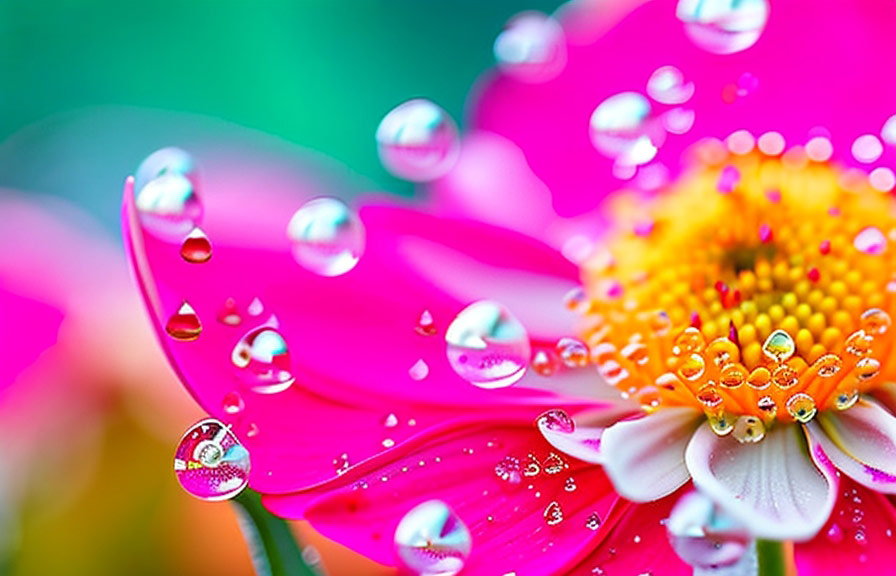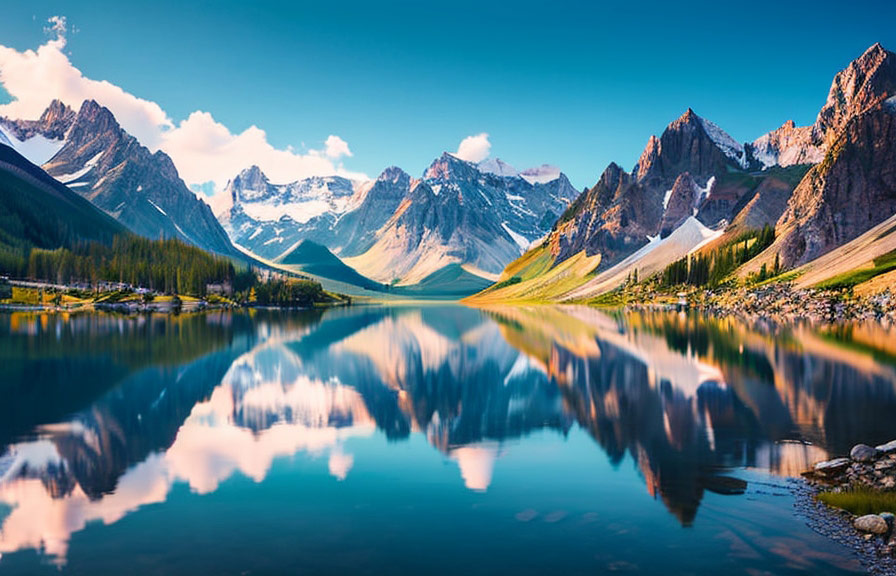Did you know that nature photography has been around since the early days of the camera? in the 1800s, photographers were already captivated by the beauty of the natural world and sought to capture it on film.
Today, nature photography is more popular than ever, and with the right techniques, you can create stunning images that leave a lasting impression.

In this post, we'll explore how to find and photograph nature, choose the right camera for nature photography, and discuss the best lenses for capturing breathtaking images. along the way, we'll also share a fun fact and an interesting piece of information that you might not have heard before.
How to find and photograph nature
The first step in taking an awe-inspiring nature photograph is finding the perfect subject. nature is all around us, and you don't need to travel far to find beautiful scenes. here are some tips to help you find and photograph nature:
1. Explore your local area. start by taking a walk around your neighborhood, local parks, or nearby nature reserves. you might be surprised at the hidden gems that are just waiting to be photographed.
2. Plan a trip. if you're looking for more diverse or unique subjects, consider planning a trip to a national park or other natural area. these locations often have a wealth of photographic opportunities, from sweeping landscapes to fascinating wildlife.
3. Research your subject. before you head out to photograph, spend some time learning about the plants, animals, or natural phenomena you'd like to capture. this knowledge will help you better understand your subject, and it might even lead you to discover something new and unexpected.
4. Be patient. nature photography often requires patience. take your time and wait for the perfect moment to capture your subject in the best light, or for an interesting behavior to unfold.
Now that we've covered how to find great subjects for your nature photography, let's move on to choosing the right camera.
Choosing the right camera for nature photography
The right camera can make a huge difference in the quality of your nature photographs. here are some factors to consider when selecting the best camera for your needs:
1. Sensor size. cameras with larger sensors generally produce higher-quality images, as they can capture more light and detail. full-frame cameras are the gold standard for nature photography, but they can be more expensive. crop-sensor cameras are a more budget-friendly option that still delivers excellent results.
2. Megapixels. although more megapixels don't always equate to better image quality, having a higher resolution can be helpful when it comes to cropping and printing your photos. look for a camera with at least 20 megapixels.
3. Iso range. a camera with a wide iso range can help you capture great photos in a variety of lighting conditions. this is particularly important in nature photography, where you often have little control over the available light.
4. Weather resistance. nature photography often involves shooting in less-than-ideal conditions, so a weather-sealed camera can be a valuable asset. this will protect your gear from dust, moisture, and other elements.
Now that you have an idea of what to look for in a camera, let's discuss the best lenses for nature photography.
The best lenses for nature photography
Choosing the right lens can be just as important as selecting the right camera. the best lens for you will depend on your specific needs and interests in nature photography. here are some popular lens types and their uses:
1. Wide-angle lenses. wide-angle lenses are perfect for capturing expansive landscapes and large scenes. they allow you to include more of the environment in your frame, creating a sense of depth and scale. a lens with a focal length between 16mm and 35mm is ideal for this purpose.
2. Macro lenses. if you're interested in photographing small subjects, such as insects or flowers, a macro lens is a must-have. these lenses allow you to get extremely close to your subject, revealing intricate details that are often invisible to the naked eye.
3. Telephoto lenses. a telephoto lens is essential for capturing wildlife or distant subjects. these lenses have a long focal length, allowing you to zoom in and isolate your subject from the background. look for a lens with a focal length of at least 200mm.
4. Zoom lenses. zoom lenses offer the versatility of multiple focal lengths in a single lens, making them a great choice for nature photographers who want to be prepared for a variety of situations. a popular choice is a 24-70mm or 70-200mm zoom lens, which covers a wide range
Of focal lengths and is suitable for many different types of nature photography.
And now for a fun fact: did you know that the first color photograph of a landscape was taken in 1861 by the scottish physicist james clerk maxwell? he used three separate black and white photographs,each taken with a different color filter, and then combined them to create a single
Color image.
Finally, here's an interesting piece of information that you may not have heard before: have you ever wondered why the colors in a sunset can be so vibrant and varied? the reason is due to a phenomenon known as rayleigh scattering.
As sunlight passes through the atmosphere, it scatters in all directions, with shorter wavelengths (such as blue and violet light) scattering more than longer wavelengths (such as red and yellow light). during sunrise and sunset, the sunlight has to travel through more of the earth's atmosphere, which means that more
Of the shorter wavelengths are scattered out of view. this leaves the longer wavelengths, such as reds, oranges, and yellows, to dominate the sky, creating the beautiful colors we associate with sunsets.
Conclusion
Taking a professional nature photo that inspires awe involves finding the perfect subject, choosing the right camera and lens, and understanding the natural phenomena that create stunning scenes. with patience, practice, and the right gear, you can capture breathtaking images that showcase the beauty of the natural world.
So, grab your camera, head outdoors, and start exploring the wonders of nature through your lens.
